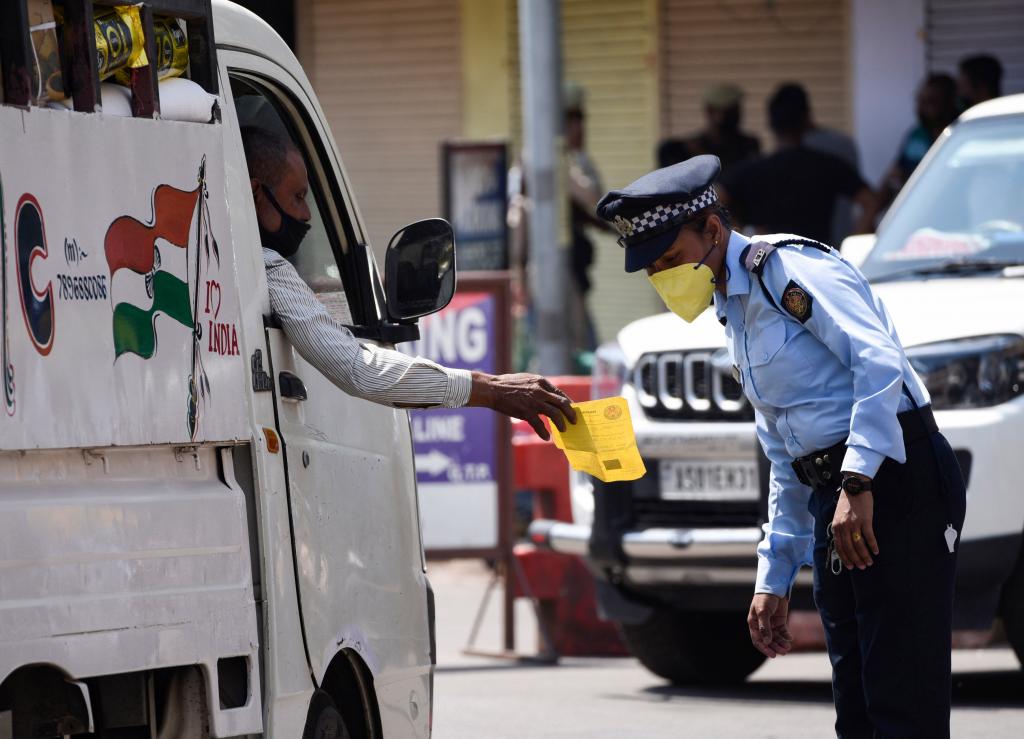How can the state design, fund and deliver welfare benefits during a lockdown? Lore Vandewalle, Associate Professor of International Economics at the Graduate Institute, addresses this question from an economic perspective in her recent CPER Policy Insight co-authored with Debraj Ray and S. Subramanian. This overarching question is also explored in its socio-legal dimensions in two of the Hirschman Centre’s ongoing research projects: Extracting Voice: the subnational law and politics of relationships between mining companies and affected communities in India and The Puzzle of Unspent Funds: The Institutional Architecture of Unaccountable Governance, that will lead to further contributions to our series on democratic experiences in the coronavirus pandemic.
India's occupational structure is predominantly informal and half of its GDP is produced in the informal sector. In light of this, Debraj Ray, S. Subramanian and Lore Vandewalle examine how the state can provide economic protection measures in order to contrast the dramatic effects of the lockdown on the poor.
They insist on the importance of framing the overall objective of state policies as “to save lives on the whole, not just to reduce pandemic deaths. In some societies with widespread and comprehensive safety nets, the two alternatives in the previous sentence coincide. A lockdown will not kill, especially with a well-articulated and well-targeted strategy of economic compensation… But in societies like India, a lockdown can kill: via job loss, increased vulnerability to economic shocks, and via social stigma and misinformation. Then the objective of saving lives as a whole may or may not be achieved by a draconian lockdown.” (p.6)
In particular, they ask what happens when the state is unable – for reasons of fiscal capacity, or information, or poor targeting, or the sheer lack of political will – to provide the necessary back-up welfare measures? Then lives are at stake with or without a lockdown, and pragmatic morality requires a reworking of the alternatives.
Contending that policy-makers and analysts need to articulate “a broader social ethic”, they argue that “the objective is to save lives on the whole, not just to reduce pandemic deaths”.
The proposals that they detail in their policy brief are premised on the four following principles: 1) concentrate efforts on policies that are feasible; 2) avoid measures which are unaffordable for most citizens; 3) avoid criminalising individual actions which have been triggered by the need for survival; and 4) communicate State intent in credible, unambiguous, and specific terms.
Against this background, they recommend equitable and balanced measures across income groups, in order to permit “most Indian families to keep a lifeline open”.
Read the full text:
Ray, D, S Subramanian and L Vandewalle (2020), “India’s Lockdown”, CEPR Policy Insight No. 102.
And a summary published by Vox:


